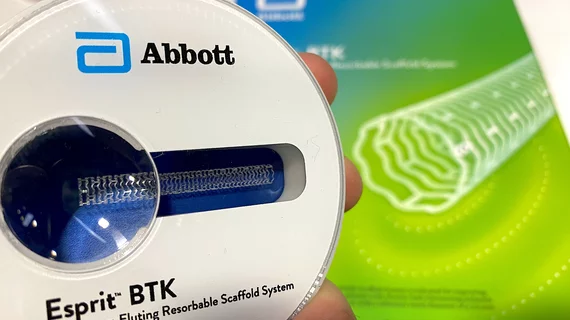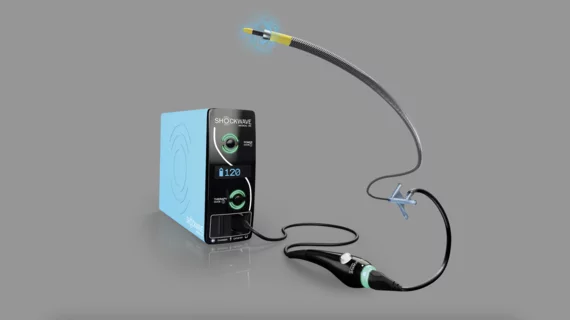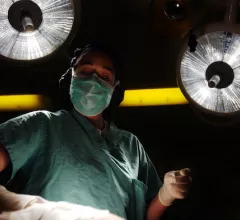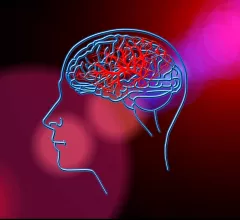Vascular & Endovascular
This channel includes news on non-coronary vascular disease and therapies. These include peripheral artery disease (PAD), abdominal and thoracic aortic aneurysm (AAA and TAA), aortic dissection, pulmonary embolism (PE), critical limb ischemia (CLI), carotid artery and stroke interventions, venous interventions, deep vein thrombosis (DVT), and interventional radiology therapies. The focus on most of these therapies is minimally invasive, catheter-based procedures performed in a cath lab.
Displaying 353 - 360 of 1638

![Left atrial appendage occlusion (LAAO) with the Watchman FLX device from Boston Scientific is associated with positive outcomes and limited adverse events after one year, according to new findings published in Circulation: Cardiovascular Interventions.[1] Many prior Watchman FLX studies, including PINNACLE FLX, had focused on the device’s performance in a controlled setting. The study’s authors hoped to gain a better understanding of its real-world impact by reviewing registry data from more than 97,000 U.S](/sites/default/files/styles/top_stories/public/2024-08/screenshot_2024-08-12_at_11.35.13_am.png.webp?itok=5FeQeMFj)










